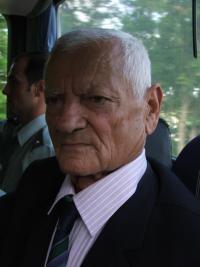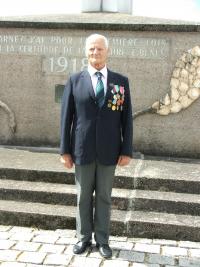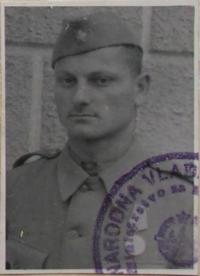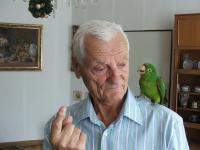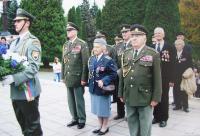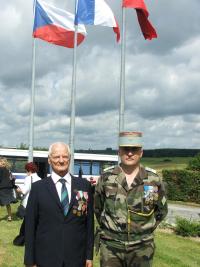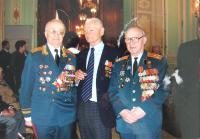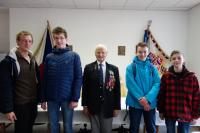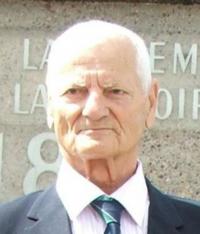I’m two years older than what is stated on my ID. They used to do this to save the children. They made them younger on purpose to save them
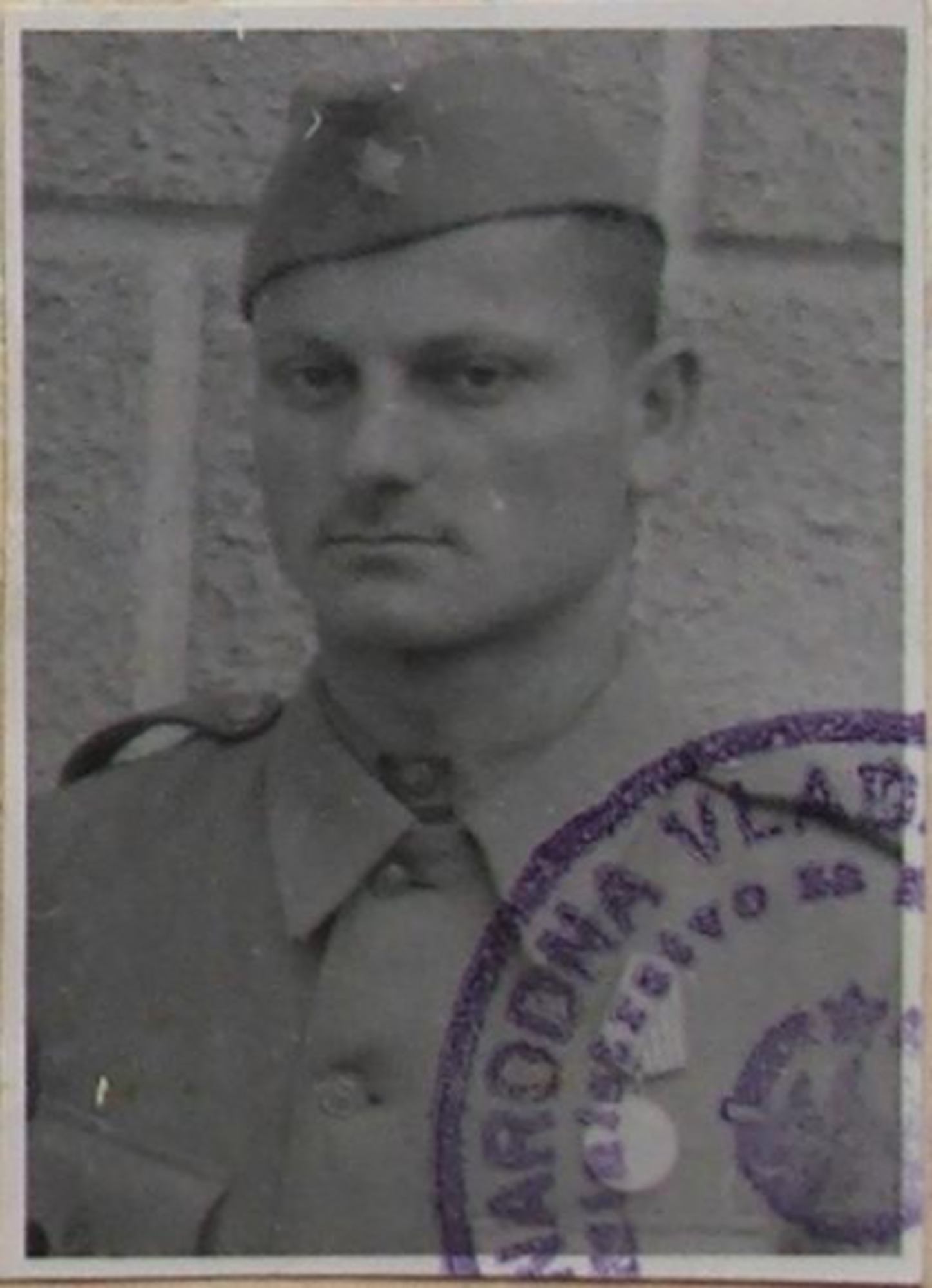
Download image
Tichomir Mirkovič was born in the Prachatice region. He was the son of a Serbian father and a Czech mother. From the time he was two, they lived in Yugoslavia (in Eastern Bosnia). As a member of the Yugoslav people’s liberation army, he participated in the Partisan’s Yugoslavian war (liberation of Belgrade or Croatia crusade). He was injured three times during the war. After the end of the war, he was sent to Czechoslovakia to better his education. He has lived in Prague since 1946. He graduated from The University of Political and Economic Sciences in Prague. He was conditionally taken out of school during the 50´s due to the political battle over Tito’s Yugoslavia. Then in 1968 he lost his job. In protest against this act, he was taken out of the Union of Antifascist Fighters. Presently he is a chairman of the local Czechoslovak Legionnaires community in Prague.
